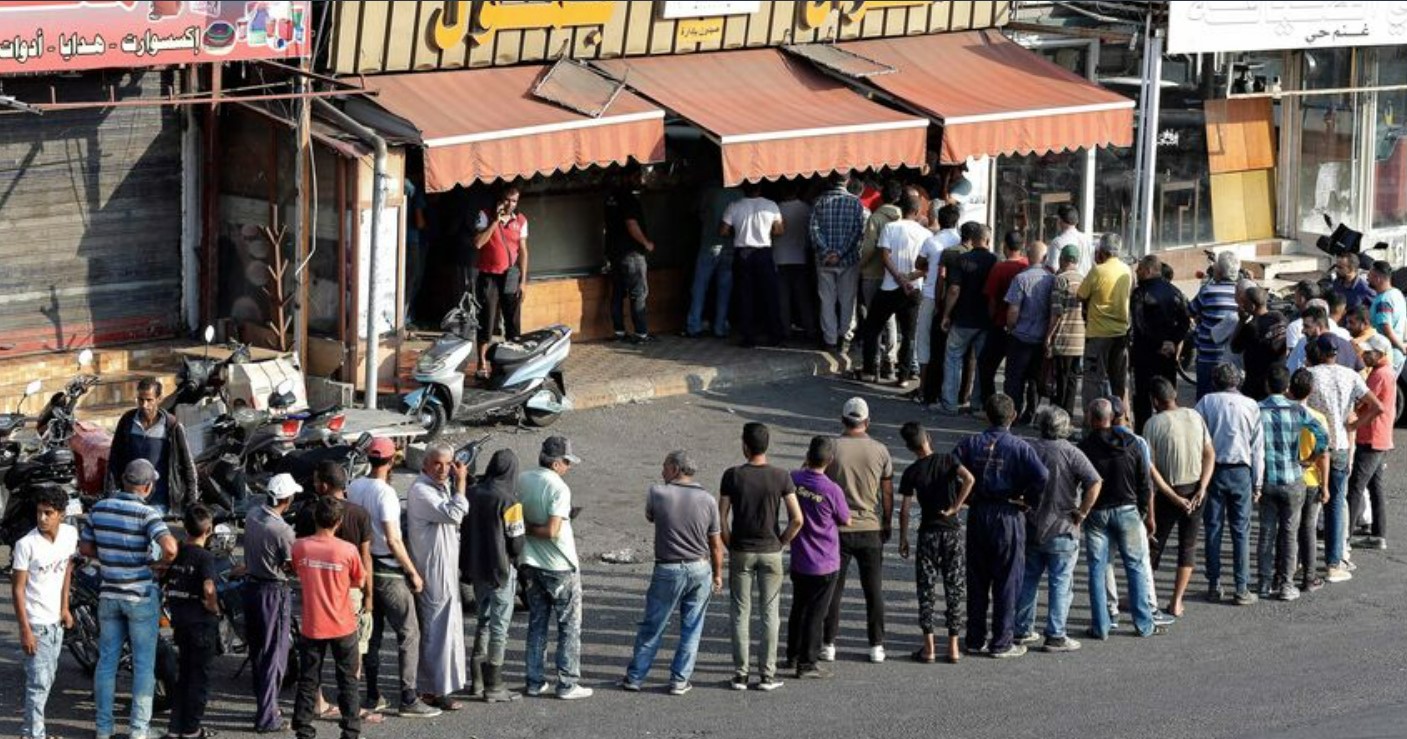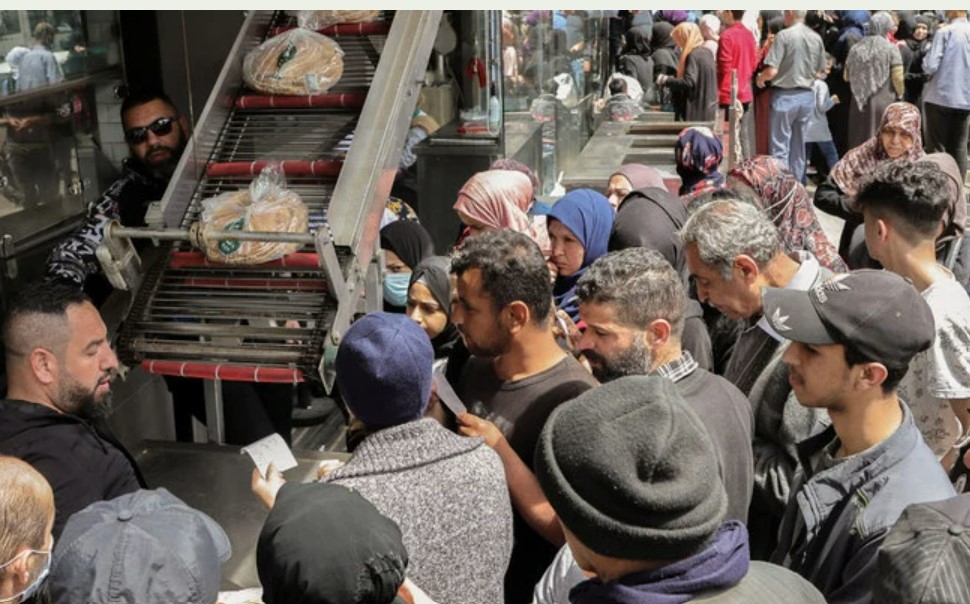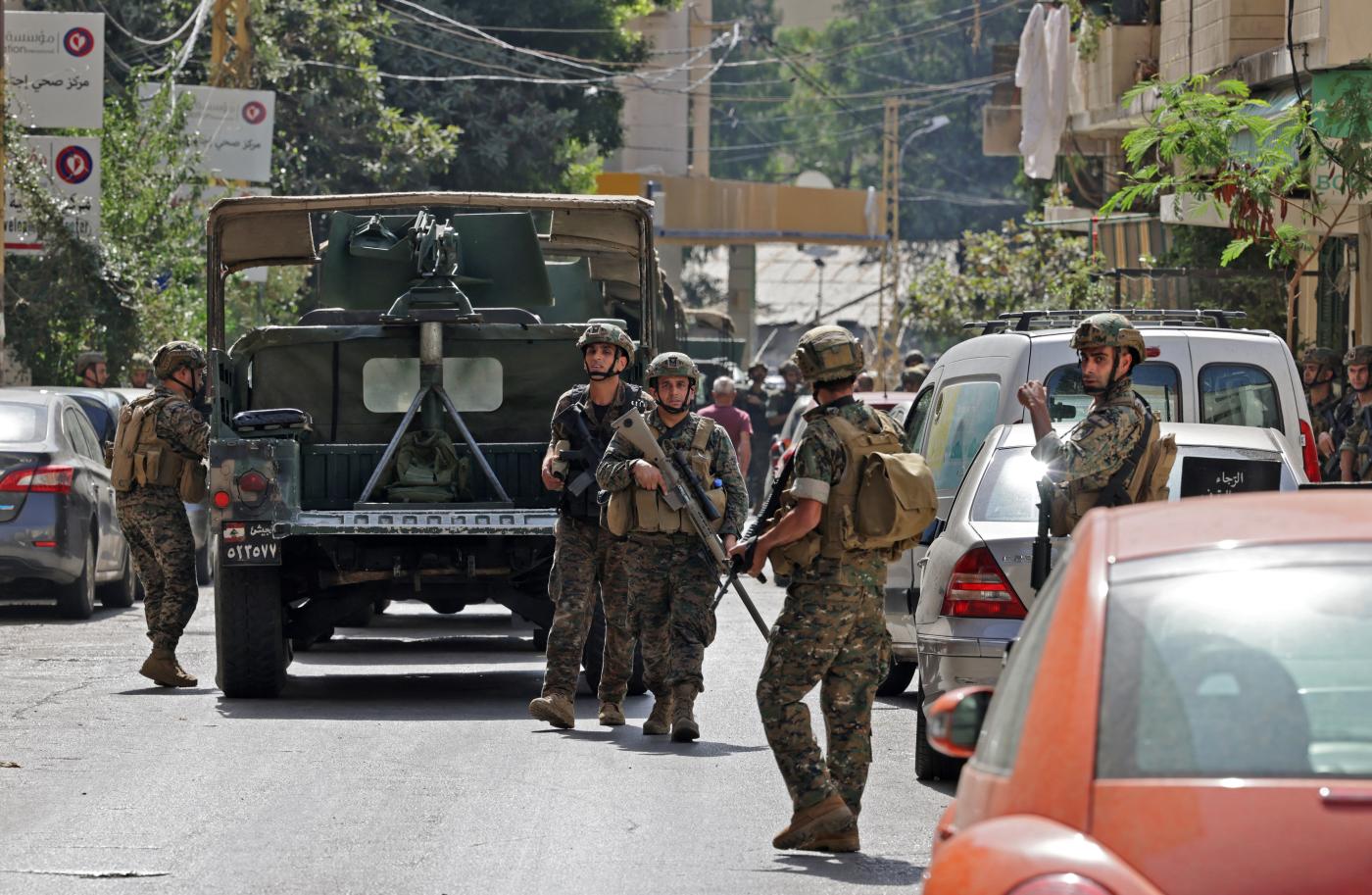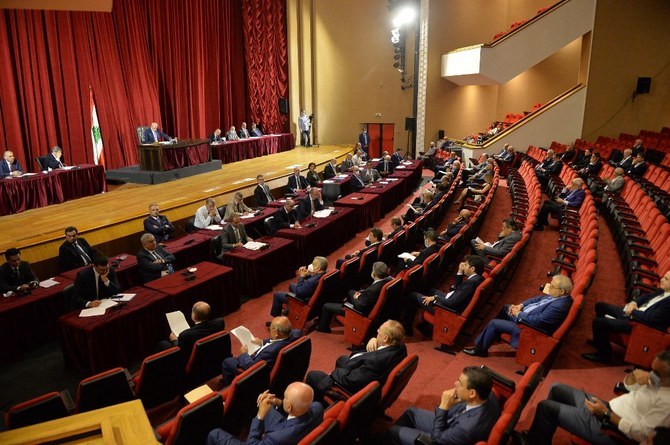
By AFP — In bankrupt Lebanon, Khalil Mansour has to queue for hours every day just to buy bread for his family, and some days he can’t afford it. In a country that was once nicknamed the “Switzerland of the Middle East” for its thriving banking sector before the financial crisis hit in 2019, the chronic lack of staples of the Lebanese diet was hard to bear. Lebanon defaulted on its national debt in 2020 and its currency has lost around 90 percent of its black market value.
The World Bank has branded the financial crisis as one of the worst since the 19th century, while the United Nations now estimates that four out of five Lebanese live below the poverty line. Faced with calls from international creditors for painful reforms in exchange for the release of new aid funds, the embattled government has been forced to end subsidies on most essential commodities — though not yet on wheat. The price of subsidized bread has increased, albeit less than without subsidies, but bakeries have started to ration staples. A bag of flat Arabic pita-like bread now officially sells for 13,000 Lebanese pounds (43 US cents). It costs more than 30,000 on the black market. “Last week I had to go three days without bread because I can’t afford to pay 30,000,” said Mansour, 48.
For Mansour and most Lebanese, buying bread means standing in long queues outside bakeries for hours, and sometimes by the time it’s their turn, the bakeries have run out of bread. “Today I queued for three hours, yesterday two and a half. What now?” Mansour said on Friday outside a bakery in Beirut. “I have to support my family. What else can I do?” asked Mansour, who earns the equivalent of $50 a month in a pastry shop.










